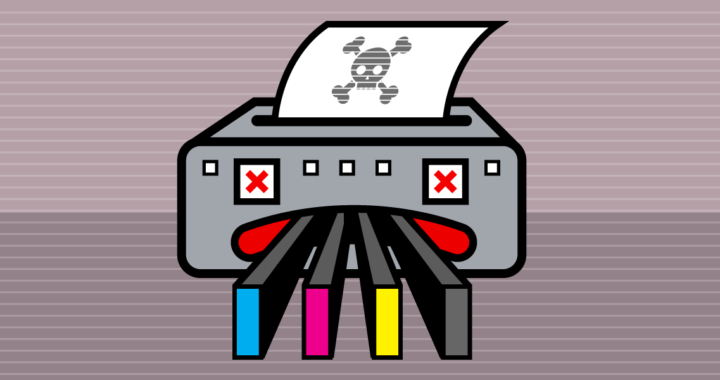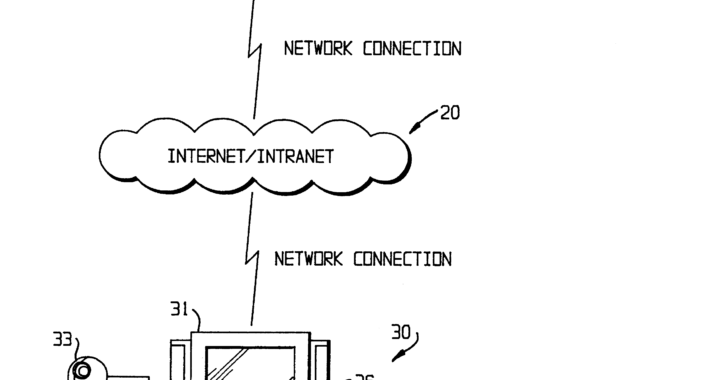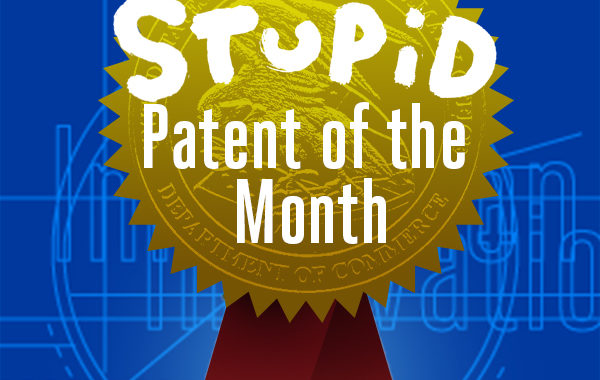An update from the EFF on Digital Privacy at the U.S Border: A New How-To Guide from EFF – download the PDF.
Tag Archives: EFF
HP “Time Bomb” Locks Out 3rd Party Ink Cartridges
Librarian of Congress Renews and Expands Protections for Fair Uses
The new rules for exemptions to copyright’s DRM-circumvention laws were issued today, and the Librarian of Congress has granted much of what EFF asked for over the course of months of extensive briefs and hearings. The exemptions we requested—ripping DVDs and Blurays for making fair use remixes and analysis; preserving video games and running multiplayer servers after publishers have abandoned them; jailbreaking cell phones, tablets, and other portable computing devices to run third party software; and security research and modification and repairs on cars—have each been accepted, subject to some important caveats.
The exemptions are needed thanks to a fundamentally flawed law that forbids users from breaking DRM, even if the purpose is a clearly lawful fair use. As software has become ubiquitous, so has DRM. Users often have to circumvent that DRM to make full use of their devices, from DVDs to games to smartphones and cars.
The law allows users to request exemptions for such lawful uses—but it doesn’t make it easy. Exemptions are granted through an elaborate rulemaking process that takes place every three years and places a heavy burden on EFF and the many other requesters who take part. Every exemption must be argued anew, even if it was previously granted, and even if there is no opposition. The exemptions that emerge are limited in scope. What is worse, they only apply to end users—the people who are actually doing the ripping, tinkering, jailbreaking, or research—and not to the people who make the tools that facilitate those lawful activities.
Stupid Patent of the Month
Method and device for interactive virtual control of sexual aids using digital computer networks
EFF’s Stupid Patent of the Month
EFF initiates a new blog – Stupid Patent of the Month, featuring spectacularly dumb patents that have been recently issued or asserted. With this series, we hope to illustrate by example just how badly reform is needed—at the Patent Office, in court, and in Congress.
NSA surveillance program reaches ‘into the past’ to retrieve, replay phone calls
The National Security Agency has built a surveillance system capable of recording “100 percent” of a foreign country’s telephone calls, enabling the agency to rewind and review conversations as long as a month after they take place, according to people with direct knowledge of the effort and documents supplied by former contractor Edward Snowden.
In Depth Review: New NSA Documents Expose How Americans Can Be Spied on Without A Warrant
Celebrate July 4th and the 4th Amendment with this EFF article about the recently released NSA documents.
Defending Privacy at the U.S. Border: A Guide for Travelers Carrying Digital Devices
 "Our lives are on our laptops – family photos, medical documents, banking information, details about what websites we visit, and so much more. Thanks to protections enshrined in the U.S. Constitution, the government generally can’t snoop through your laptop for no reason. But those privacy protections don’t safeguard travelers at the U.S. border, where the U.S. government can take an electronic device, search through all the files, and keep it for a while for further scrutiny – without any suspicion of wrongdoing whatsoever."
"Our lives are on our laptops – family photos, medical documents, banking information, details about what websites we visit, and so much more. Thanks to protections enshrined in the U.S. Constitution, the government generally can’t snoop through your laptop for no reason. But those privacy protections don’t safeguard travelers at the U.S. border, where the U.S. government can take an electronic device, search through all the files, and keep it for a while for further scrutiny – without any suspicion of wrongdoing whatsoever."
The EFF has an excellent article by Seth Schoen, Marcia Hofmannand Rowan Reynolds online here or you can download the PDF.






